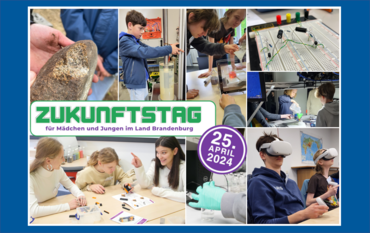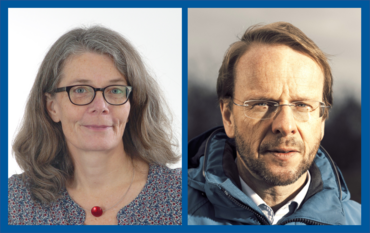Liane G. Benning, Head of Section 3.5 Interfacial Geochemistry at the GFZ German Research Centre for Geosciences and Professor at the FU Berlin, has been appointed by Federal President Frank-Walter Steinmeier as one of eight new members of the German Science and Humanities Council. It advises the Federal Government and the governments of the federal states on all issues relating to the substantive and structural development of science, research and higher education by issuing statements, recommendations and position papers. It consists of a 32-member Scientific Commission and a 22-member Administrative Commission.
The new scientific members were proposed jointly by the German Research Foundation, the Max Planck Society, the German Rectors' Conference, the Helmholtz Association, the Fraunhofer Society and the Leibniz Association. According to the German Science and Humanities Council, they are characterised by the fact that they combine scientific excellence with science policy expertise and experience. They do not act as representatives of the interests of a particular discipline or institution.
Liane G. Benning will take up her position on the German Science and Humanities Council on 1 February 2024 for a term of three years.
The multiple international award-winning geochemist has been heading the “Interface-Geochemistry” section at the GFZ since 2014. She has been a professor at Freie Universität Berlin since 2016. Previous stations in her scientific career were ETH Zurich in Switzerland, Pennsylvania State University in the USA and the University of Leeds in the UK. She leads a highly international, dynamic and interdisciplinary team researching topics ranging from biogeochemistry/environmental geochemistry to pure materials science and microbial ecology processes in extreme environments such as ice and snow. The focus is on the quantitative elucidation of “interfacial reactions”: these biogeochemical processes drive and control how the surface of our planet forms – from the nanoscale to the global scale.
Liane G. Benning is and has been active on important national and international committees: She is a reviewer for numerous scientific journals and funding organisations. She also served as President of the European Geochemical Society from 2015 to 2017. In 2017, she was appointed a member of the Academia Europaea (AE), and in 2018 she was appointed to the German National Academy of Sciences Leopoldina. In 2020, she was appointed "Geochemistry Fellow" of the European Association of Geochemistry and the Geochemical Society. Since 2020, she has been a member of the Review Board for Mineralogy, Petrology and Geochemistry at the German Research Foundation (DFG), starting her second term in 2024.
Liane G. Benning on her appointment to the Science Council:
“It is a great honour for me to have been appointed to this high committee. I am looking forward to the new task and to contribute my experience, learn for myself and contribute to shaping the structural framework of the German research and higher education landscape for the coming decades – not least in order to further strengthen German science internationally.”
Congratulations from Susanne Buiter, Scientific Director of the GFZ:
“I warmly congratulate Liane G. Benning on being given this honourable task. It is a great service to the community that excellent scientists are involved in the long-term shaping of our science system at this level. Their commitment helps to further develop the framework conditions for excellent and relevant research and education in Germany for the important tasks of the future.”
The German Science and Humanities Council and its tasks
The German Science and Humanities Council was founded in 1957 and is the oldest science policy advisory body in Europe. It advises the Federal Government and the governments of the federal states on all issues relating to the substantive and structural development of science, research and higher education.
The members appointed by the Federal President serve on the Scientific Commission of the German Science and Humanities Council for the duration of their term of office. The Scientific Commission has 32 members. Of these, 24 come from science and research, the remaining eight are public figures who are jointly nominated by the Federal Government and the state governments.
The German Science and Humanities Council has an interdisciplinary and cross-disciplinary view of the entire science system in Germany and its key structures such as universities, non-university research institutions, research alliances, as well as entire state university systems and industrial research.
Its tasks include evaluation, for example as part of the Excellence Strategy, the assessment of large research infrastructures, the accreditation of private universities or the evaluation of individual research institutions or research fields, such as the current prospects for agricultural, food and nutritional sciences.
The German Science and Humanities Council sets out its various tasks in a work programme. The Science Council's work programme is updated every January and July and adopted by its plenary assembly.
(With material from the German Science and Humanities Council)


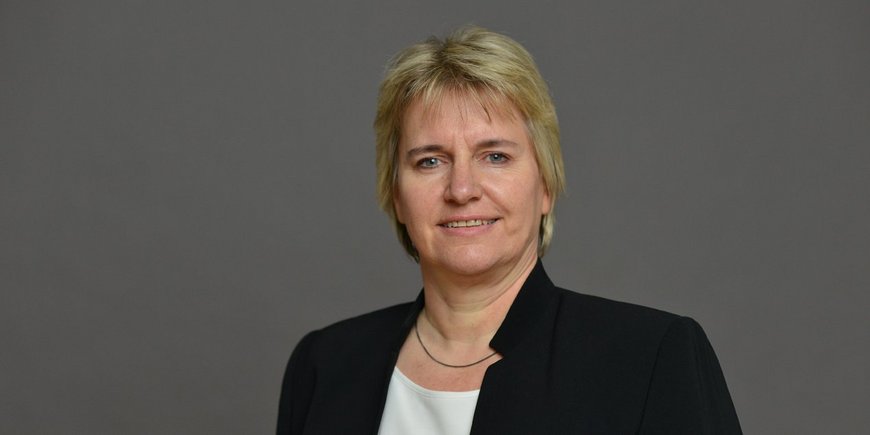
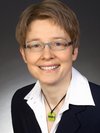





![[Translate to English:] Group photo with 7 people in front of a new metal plant in a large laboratory hall.](/fileadmin/_processed_/0/4/csm_20240628-GFZ_Einweihung_Triax-Anlage-PRESSE_Abb1_040_c-Bahlo-GFZ_187906cb48.jpeg)




![[Translate to English:] Heidi Kreibich, woman with short brown hair and blue eyes. She is wearing a grey cardigan and a red polo shirt](/fileadmin/_processed_/6/6/csm_kreibich-Heidi_1_Querformat_he-2021_2dedd3ef33.jpeg)




![[Translate to English:] [Translate to English:] Totes Meer gesehen von einem Hügel am Ufer](/fileadmin/_processed_/0/f/csm_20240612-web_AdobeStock_151245578_cb8e2706f3.jpeg)

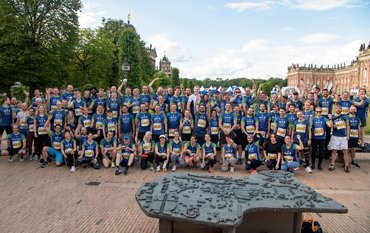
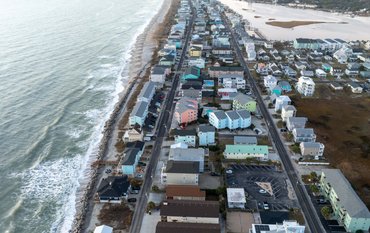
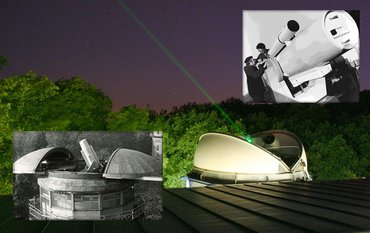
![[Translate to English:] Gruppenfoto im Hörsaal](/fileadmin/_processed_/8/a/csm_240528-GfZ-ERC-Grantees-Gruppe_31be9704f5.jpeg)
![[Translate to English:] Susanne Buiter in front of a blue wall with GFZ logo](/fileadmin/_processed_/d/7/csm_20220721-GFZ-Portrait-Buiter-1-he-web_-c-Reinhardt_Sommer_2a6e3b8ae1.jpeg)
![[Translate to English:] [Translate to English:] Drohne](/fileadmin/_processed_/b/a/csm_20240515_155801_d696ee4200.jpeg)
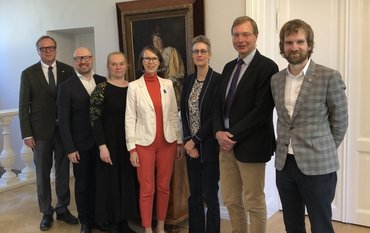
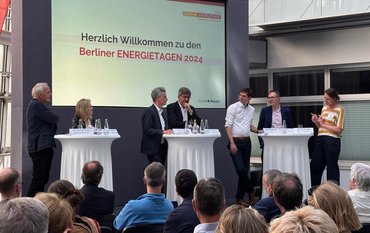
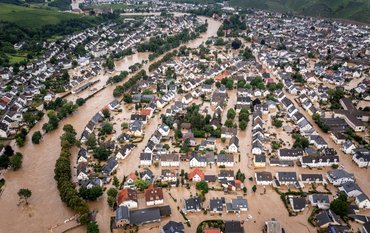
![[Translate to English:] ein riesiges Erdloch in einer kargen Landschaft im Iran mit Bergen im Hintergrund](/fileadmin/_processed_/f/1/csm_DSC_7917_kleiner_f14e27f7ad.jpeg)
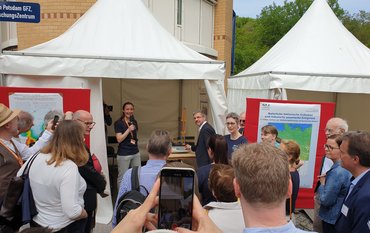
![[Translate to English:] Lecture room at GFZ with participants](/fileadmin/_processed_/a/9/csm_P1140796__002__c03fcad8bd.jpeg)
